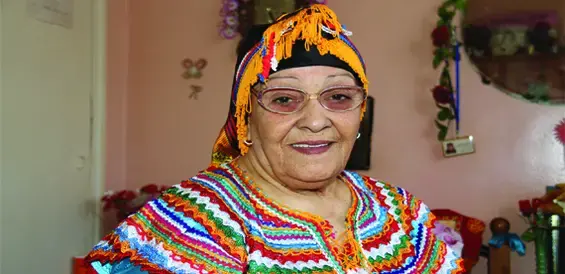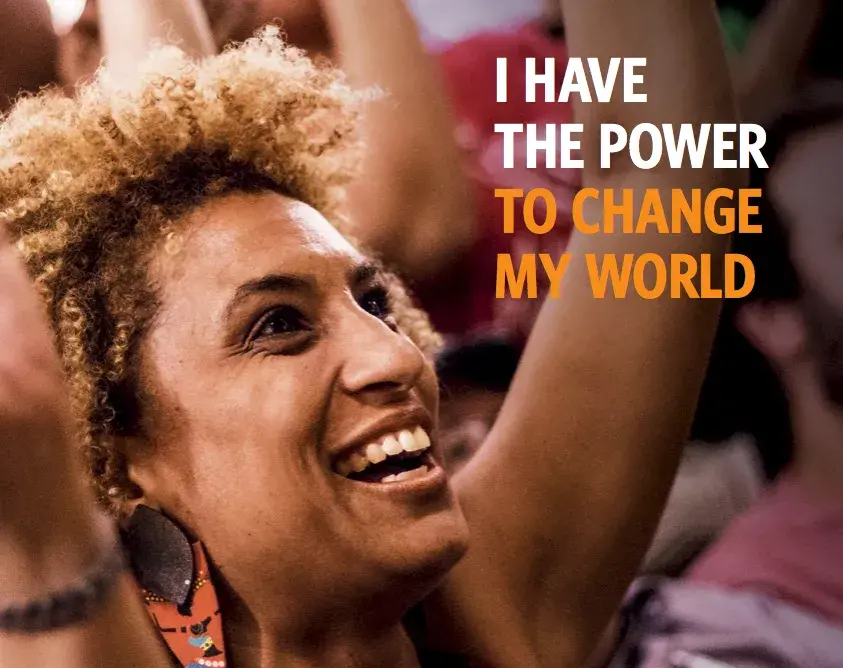Getting old in wellbeing
The world is ageing rapidly. One in eight people in the world are aged 60 and above, and by 2050, the percentage of this age range will rise to almost 22 per cent.
In Algeria, people aged 60 and above represent 8.71% of the total population in 2015.
Ageing is a triumph of development: People are living longer because of better nutrition, sanitation, health care, education and economic well-being. Although an ageing world poses social and economic challenges, the right set of policies can equip individuals, families and societies to address these challenges and to reap its benefits.
UNFPA supports the efforts of the Algerian Government in its awareness raising initiatives about population ageing and the need to harness the opportunities by addressing the challenges. UNFPA also supports research and data collection for solid evidence based policies and planning, and ensure ageing issues are integrated into national development plans and programmes.
As life expectancy continues to rise, the proportion of older people will steadily increase in the total population. Aged people can have invaluable contributions to the society by coaching and sharing experiences with young generations.. However, they are also often vulnerable as they may have weak social support systems, lack of income, or be subject to discrimination, abuse and social exclusion, as it is the case of older women in particuler. Women also tend to live longer than men, and thus may experience deepening poverty in their life.
Although many elderly people are in good health, ageing is accompanied by biological changes that increase the risk of illness and disability. A program through the life-cycle approach to health care – one that starts early, continues through the reproductive years and lasts into old age – is essential for the physical and emotional well-being of older persons.
UNFPA focuses on policy dialogue on ageing, data collection and analysis, research and advocacy to facilitates the development of evidence-based strategies and ensure that older people’s issues are addressed. UNFPA also supports culture- and gender-sensitive research on ageing population, and raises awareness of the need to take the opportunities and address the challenges presented by this phenomenon.




